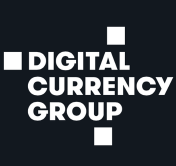Digital Currency Group

Digital Currency Group
We build and support bitcoin and blockchain companies by leveraging our insights, network, and access to capital

We build and support bitcoin and blockchain companies by leveraging our insights, network, and access to capital